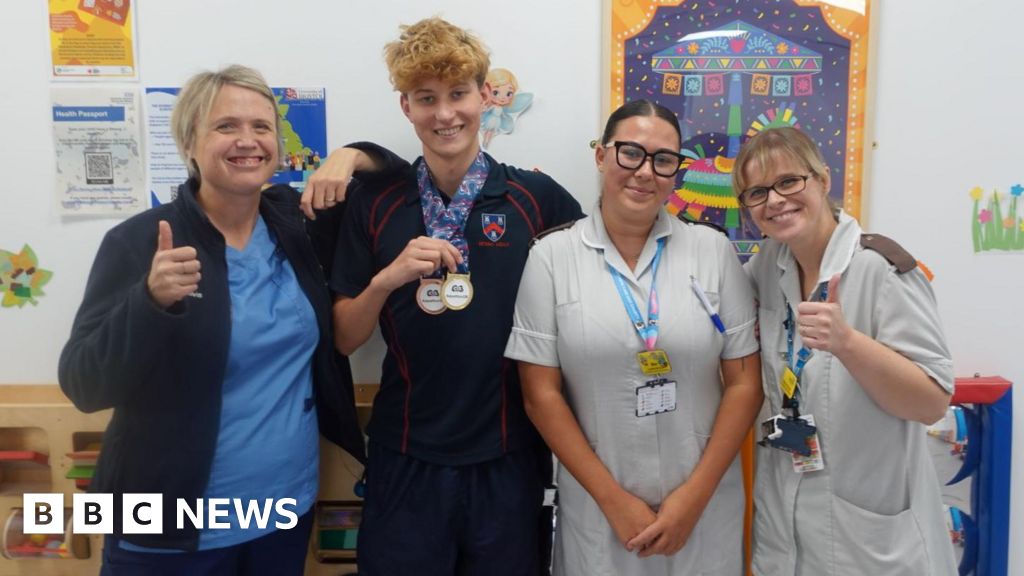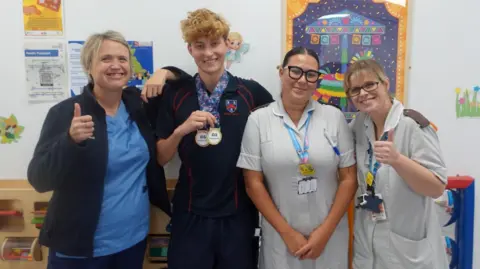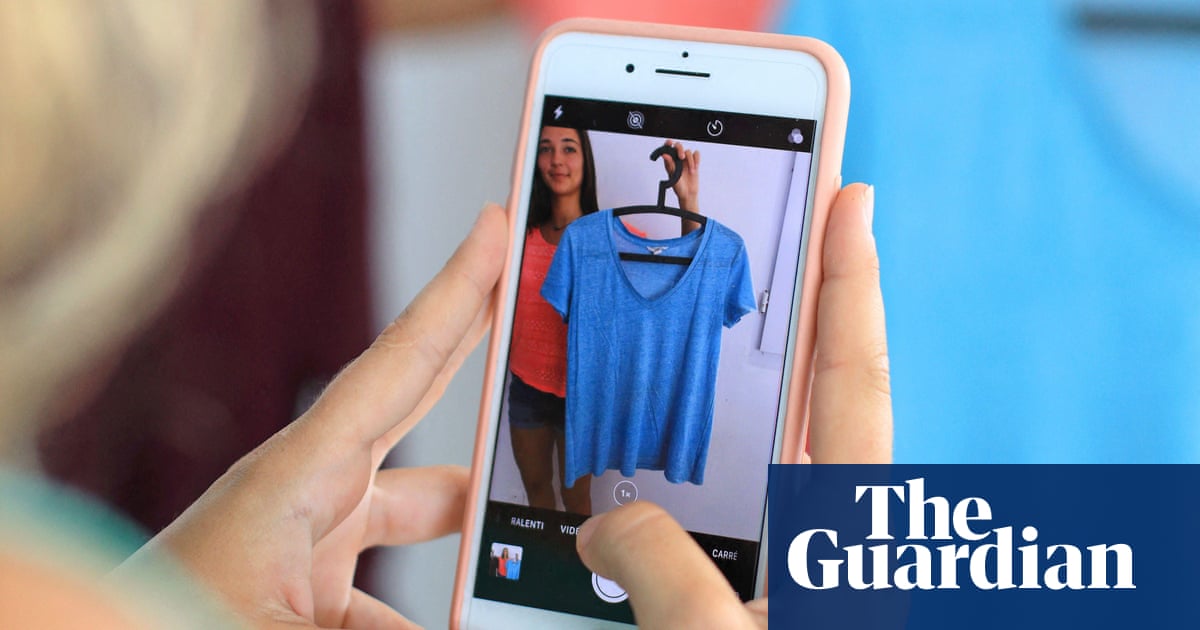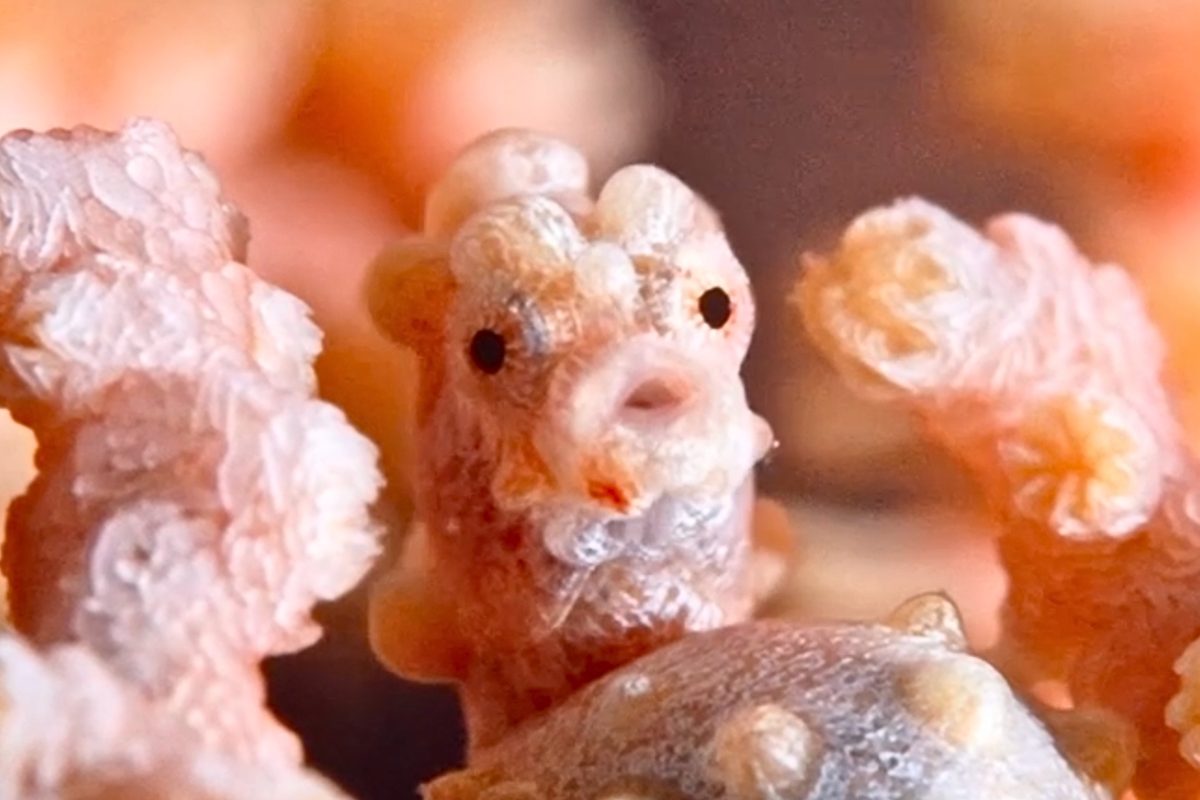Patients with an aggressive form of breast cancer who are not candidates for immune checkpoint inhibitor therapy showed significantly improved progression-free survival when treated with the antibody drug conjugate sacituzumab govitecan compared to standard chemotherapy. These findings, which stem from the ASCENT-03 trial in triple-negative breast cancer co-led by investigators at Dana-Farber Cancer Institute, are presented today at the European Society for Medical Oncology (ESMO) Congress 2025 in Berlin, Germany. They are also published simultaneously in the New England Journal of Medicine.
Triple-negative breast cancer (TNBC) accounts for about 15% of all breast cancer cases and is often difficult to treat. The 5-year survival rate for patients with metastatic disease is about 15%. Moreover, around 60% of patients with metastatic TNBC have tumors that lack the molecular marker PD-L1. This absence indicates the tumors will not respond to immune checkpoint inhibitors. For most patients with previously untreated TNBC, chemotherapy is the primary treatment option.
“There are limited treatment options for patients with advanced triple-negative breast cancer — and that is especially true for those patients whose tumors are PD-L1-negative,” says Dr. Sara Tolaney, chief of the Division of Breast Oncology at Dana-Farber and senior author on the study. “Finding novel treatments that are effective in this patient population is a major priority for the field.”
Sacituzumab govitecan, an antibody drug conjugate (ADC), targets the protein Trop2, which is present at high levels on the surfaces of TNBC cells. The ADC binds to Trop2 and, through its molecular payload, delivers a potent chemotherapy drug directly to tumor sites. Sacituzumab govitecan is currently approved as a second-line treatment for patients with advanced TNBC. However, roughly half of patients with this disease do not go on to receive a second line of therapy, underscoring the magnitude of the unmet need.
ASCENT-03, a global, randomized, open-label phase 3 study, evaluates the use of sacituzumab govitecan versus standard chemotherapy as a first-line treatment in patients with locally advanced or unresectable TNBC who are not candidates for immune checkpoint inhibitors. A total of 558 patients across 229 clinical sites in 30 countries were enrolled and randomized to receive either sacituzumab govitecan or chemotherapy. In both treatment groups, about 99% of patients had PD-L1 negative tumors (277 out of 279 for sacituzumab govitecan; 278 out of 279 for chemotherapy).
After a median follow-up of 13.2 months, patients treated with sacituzumab govitecan were more likely to survive longer without disease progression, with a median progression-free survival of 9.7 months compared to 6.9 months for patients treated with chemotherapy. Those who responded showed a median duration of response of 12.2 months, compared to 7.2 months for those patients who responded to chemotherapy.
Data on overall survival are immature at this time. The safety profile of sacituzimab govitecan was consistent with its known profile and was manageable with current guidelines and supportive care.
“As oncologists and investigators, we’re always trying to move more effective therapies into earlier lines of treatment because we want patients to be able to have robust responses that potentially will translate into survival outcomes,” says Tolaney. “The data from ASCENT-03 are very compelling and support sacituzumab govitecan as a potential new standard of care for patients with previously untreated triple-negative breast cancer who are unable to receive immune checkpoint inhibitors.”
Dana-Farber investigators were involved in the first studies of sacituzumab govitecan in humans and participated in the pivotal clinical trials that led to its initial U.S. Food and Drug Administration approval for patients with pre-treated triple-negative breast cancer. Tolaney also helped lead the TROPiCS-02 study, which led to the ADC’s approval in pre-treated patients with HR-positive, HER2-negative metastatic breast cancer. Earlier this year, Dr. Tolaney presented results of the phase 3 ASCENT-04/KEYNOTE-D19 trial, which showed the combination of sacituzumab govitecan plus pembrolizumab resulted in durable responses with improved progression free survival compared to current standard treatment in patients with metastatic triple negative breast cancer that tests positive for the immune checkpoint PD-L1.
Funding: The ASCENT-03 trial was funded by Gilead Sciences, Inc.








